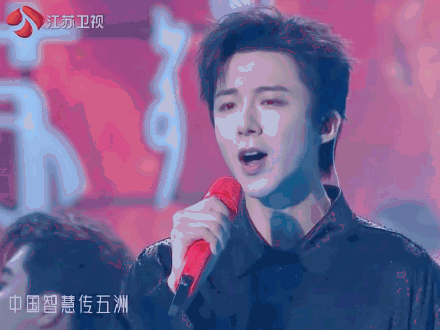Fake Singing Debate: Netizens Call for Transparency in Chinese Year-End Concerts
#跨年晚会真假唱鉴定#

2 January 2024
As the New Year celebrations come to a close, many netizens in China have taken to Weibo to discuss the performances of their favourite artists during the various year-end concerts and variety shows. This year, a particular topic that has gained significant traction is the issue of "fake singing" or lip syncing by celebrities during live events.
One user posted an analysis of the performances at the 2022-2023 New Year's Gala, stating that singer A was not singing live but instead using pre-recorded vocals. This sparked a heated debate among Weibo users, with many calling for better regulation and transparency in such events.
"These concerts are not just performances, they are also an opportunity for the artists to show their skills," wrote one user. "If they can't perform well live, then they shouldn't be performing at all."
Another user pointed out that it is common practice among some artists to lip sync during concerts, especially those with complicated dance routines or fast-paced songs. However, this does not excuse the lack of transparency about whether the performance is live or pre-recorded, they argued.
"I understand that sometimes artists need to lip sync due to the complexity of their performances, but at least let us know beforehand," wrote another user. "We should have the right to know what we're watching."
The discussion on Weibo has also led to calls for better oversight of these events by authorities, such as the Ministry of Culture and Tourism.
"These concerts are supposed to be a celebration of our culture and art, but instead they have become a platform for cheating and fraud," wrote one user. "The government needs to step in and put an end to this."
However, not all netizens were as critical of the performances. Some argued that the atmosphere and energy of a live concert should be valued over whether every note was sung live.
"I don't think it matters if they're lip syncing or not," wrote one user. "The important thing is that they put on a good show and entertain us."
Another user pointed out that some artists may be required to lip sync due to vocal health concerns or scheduling conflicts.
"Not everyone can perform live every single time," they wrote. "There are times when they have to sing pre-recorded vocals for their own safety and well-being."
Regardless of their stance on the issue, many Weibo users agreed that more transparency and honesty from artists and event organizers is needed moving forward.
"We deserve to know the truth," one user wrote. "Whether it's good or bad, we need to know what we're watching."
In conclusion, the debate surrounding "fake singing" at live events is likely to continue in the coming months as new performances and concerts take place. With growing pressure for greater transparency and honesty from artists, it remains to be seen how these concerns will be addressed by authorities and the entertainment industry as a whole.


